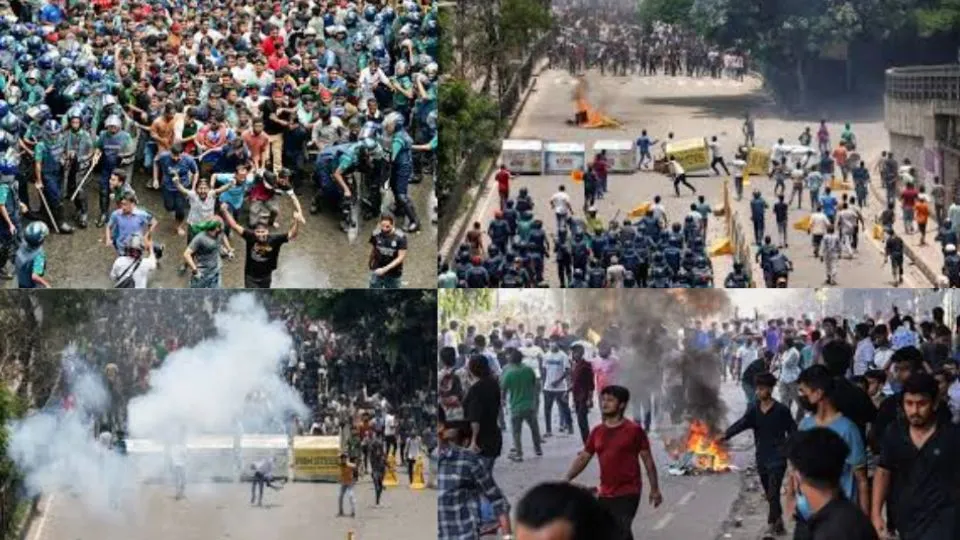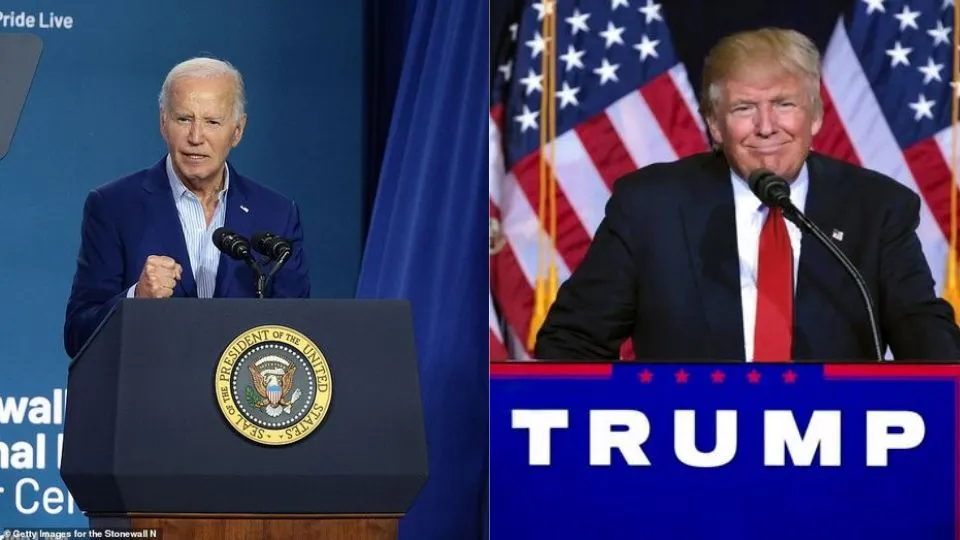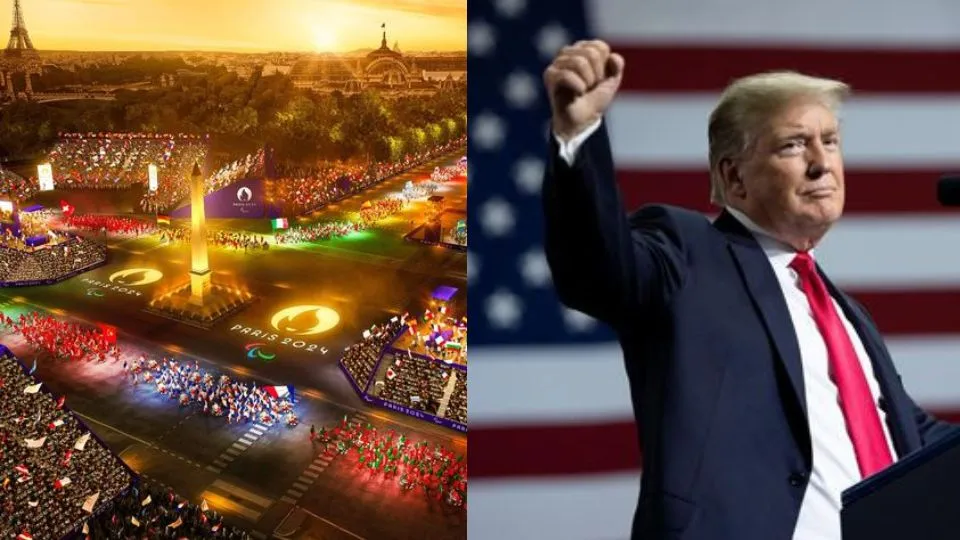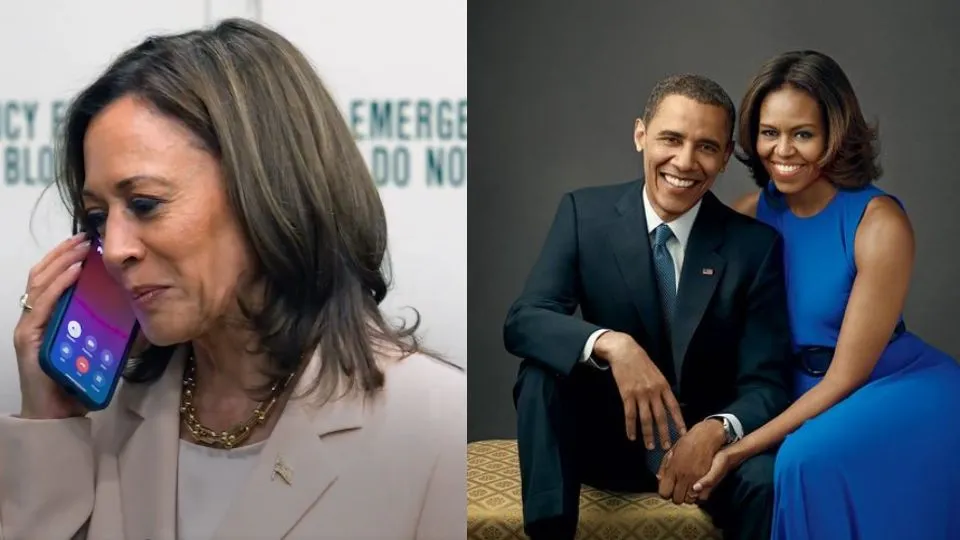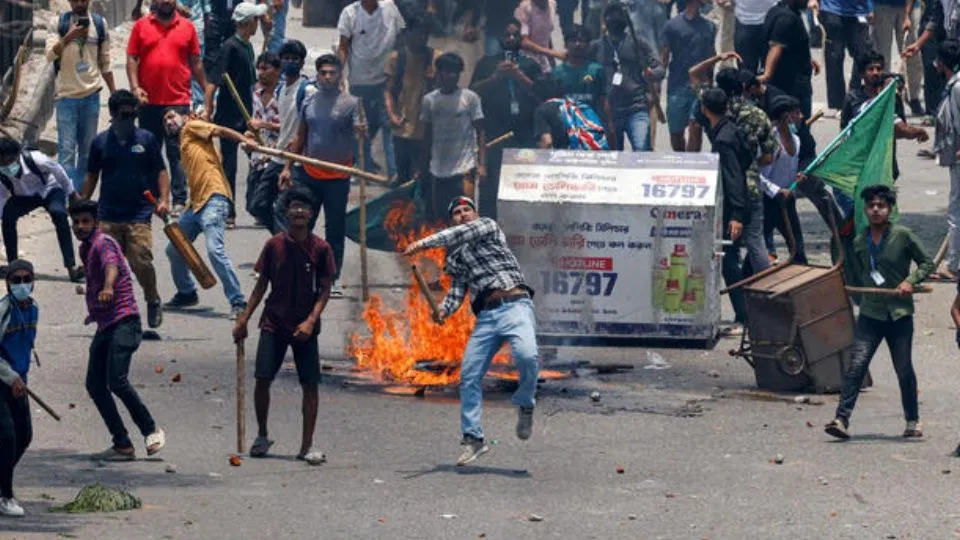Bangladesh spirals into chaos after deadly clashes between students, police, and affiliated mobs resulted in the deaths of at least 32 individuals. The action rose to a crescendo on Thursday, the day that was considered the worst since the occurrence of violence. Violent protests developed delivering demonstrators and the police in confrontations in Dhaka and other cities with students trying to paralyze the national transport system.
Start of the protests
The protests started last month when the Bangladesh High Court recalled the quota system for government posts that was earlier removed by Prime Minister Sheikh Hasina in the year 2018. But upon the appeal made by the government, the Supreme Court has stayed the high court order and set August 7 to hear the government’s side. The protest started immediately after Sheikh Hasina declined to meet the demands of the students insisting on legal procedures.

Preventing riots
It rose to violence this week through a fight between thousands of anti-quota demonstrators and members of Hasina’s Awami League student wing. Police used tear gas, rubber bullets, and noise grenades in efforts to push the demonstrators out of the vigorous ways but to no avail.
UN Reaction
The UN Secretary-General Antonio Guterres among other international leaders has called for calm and asked authorities to probe into the incidents. Guterres stressed the need to talk to people with friendly words and be involved with young people to address the troubles of Bangladesh.
Bangladesh Govt. response
On Thursday, fresh violence occurred across Bangladesh and in response to a new raise of protesting students, Bangladesh law minister Anisul Huq expressed his wish to talk with them. “We will meet whenever they agree, which could be this Thursday afternoon,” Khurshid remarked, according to PTI, on the quota reformists.
On the other hand, Hasina expressed sorrow over deaths and urged the people to exercise restraint till the apex court restored peace. It maintains the strained atmosphere as the country is still dealing with the consequences of the deadly fights and tries to find a way to put an end to it while the public is growing increasingly impatient.
About the author
Ms Yogya Reddy is an undergraduate student at the University of Massachusetts, Boston, USA, studying International Relations and affairs. She is passionate about global democracy and politics. She also enjoys working on research and writing.
